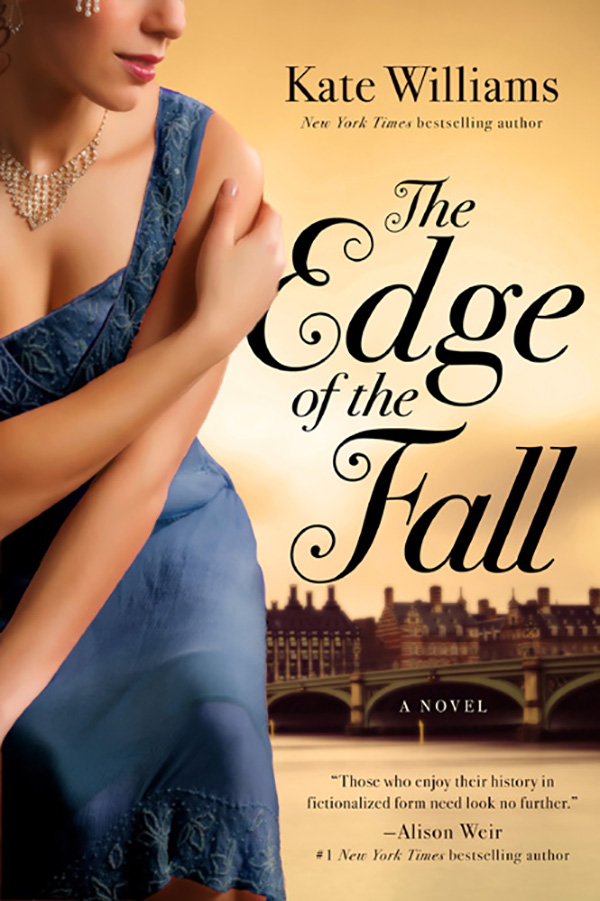
The Edge of the Fall
کتاب های مرتبط
- اطلاعات
- نقد و بررسی
- دیدگاه کاربران
نقد و بررسی

April 15, 2016
In the second installment of Williams' (The Storms of War, 2015, etc.) trilogy, the de Witt family struggles to find its place in post-World War I Europe. Haunted by the ignominious death of her brother Michael, Celia, drifting between the faded grandeur of her family's estate and her sister's crowded flat in London, feels at odds with the world: no job, no family of her own, and no dreams for the future. Her cousin Louisa comes to live with the family for a while, but she and Celia become estranged, and Louisa elopes with Arthur, the oldest de Witt son and the black sheep of the family. The novel splits focus between Arthur and Celia, developing such dramatic storylines as a beautiful socialite threatened by a stranger, a murder trial splashed across the front pages, and a baby born out of wedlock. Williams explores the hypocrisy of an England that celebrates its soldiers while leaving wounded veterans begging on the streets, the emptiness of the Lost Generation, and the weary experience that renders women like Celia unable to find a place in a world of such loss: these are the true stories of the time period, and these are the details that make the novel poignant. Celia's visit to cousins in Germany also exposes the toll the war took outside of England. Williams works to articulate feelings that her characters (and the people of that time) couldn't, "otherwise the world would fall down around them. It was the bargain you made to live every day--you couldn't show what was really going on in your mind because if you did, everyone in this station would be screaming and shouting against the blackness." Imbued with a sharp awareness of the devastating effects of war in any era, Williams' novel presents sympathetic characters who transcend history.
COPYRIGHT(2016) Kirkus Reviews, ALL RIGHTS RESERVED.

May 1, 2016
The insight, pathos, and strong sense of setting in Williams' The Storms of War (2015), the first in a planned trilogy, are largely missing in this disappointing second entry, with its predictable plot and depressing thematic rehash. The story finds Celia in mourning, helping her frazzled, unhappy sister care for her children while her angry brother-in-law is still away fomenting a revolution. Despite Celia's Shakespeare-quoting bravery during WWI, she displays a postwar reversion to her prewar pouting, fainting, and pigheadedness. Meanwhile, brother Arthur comes home, flirts with his cousin, and may be the cause of a suicide . . . or murder. The de Witts are poverty-stricken, their country manor a shambles, and their future looks abysmal. These family dramas serve well enough to advance the plot, and, while the characters seem to be at a developmental standstill, readers will need to weather their domestic squabbles and astonishing naivete to understand the next volume, in which, perhaps, Celia and Arthur will redeem themselves. Those who enjoyed the naughty Lyttons in Penny Vincenzi's Spoils of Time trilogy, and Cynthia Harrod-Eagles' addictive 35-volume Morland Dynasty, may find this story diverting.(Reprinted with permission of Booklist, copyright 2016, American Library Association.)

























دیدگاه کاربران